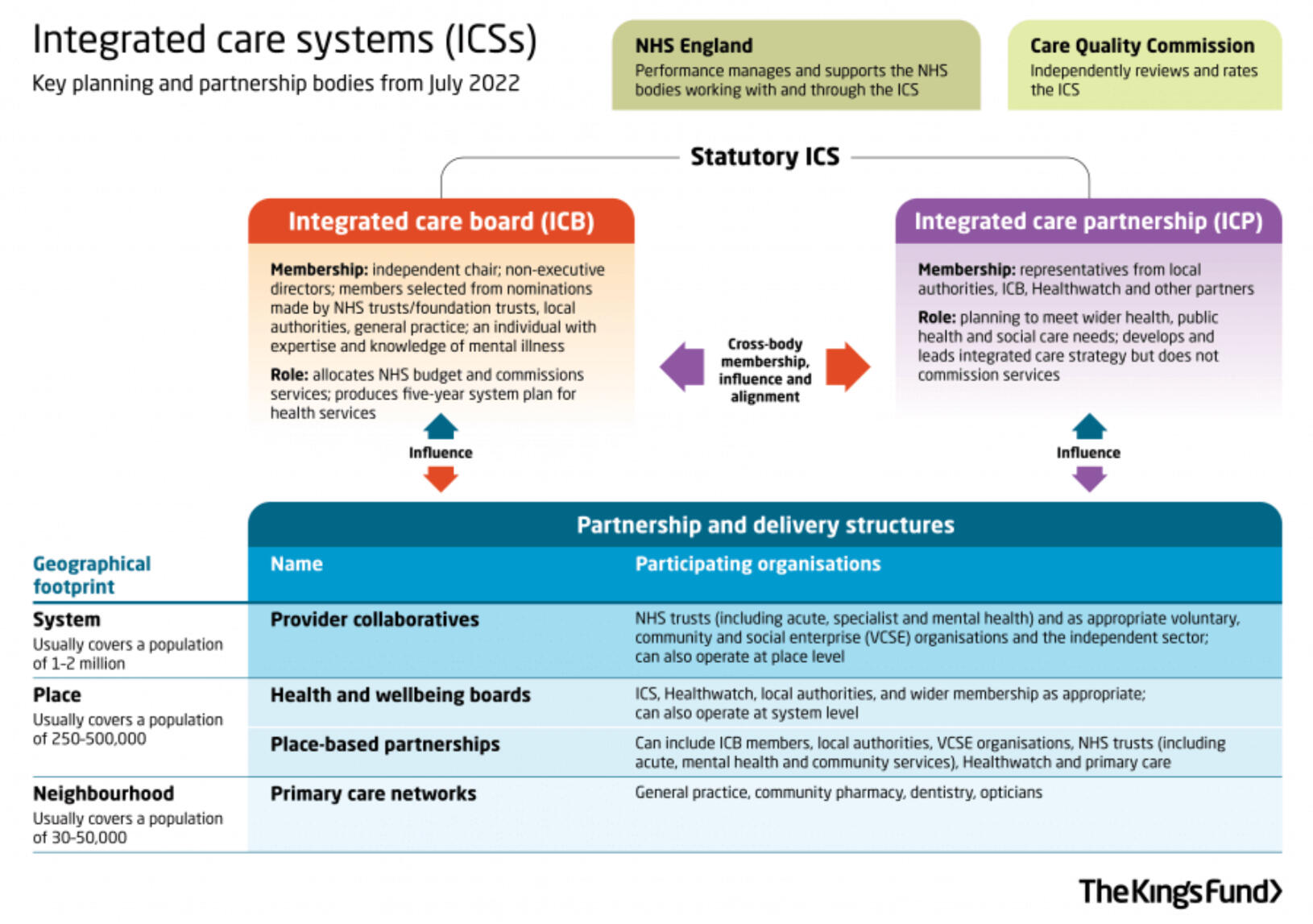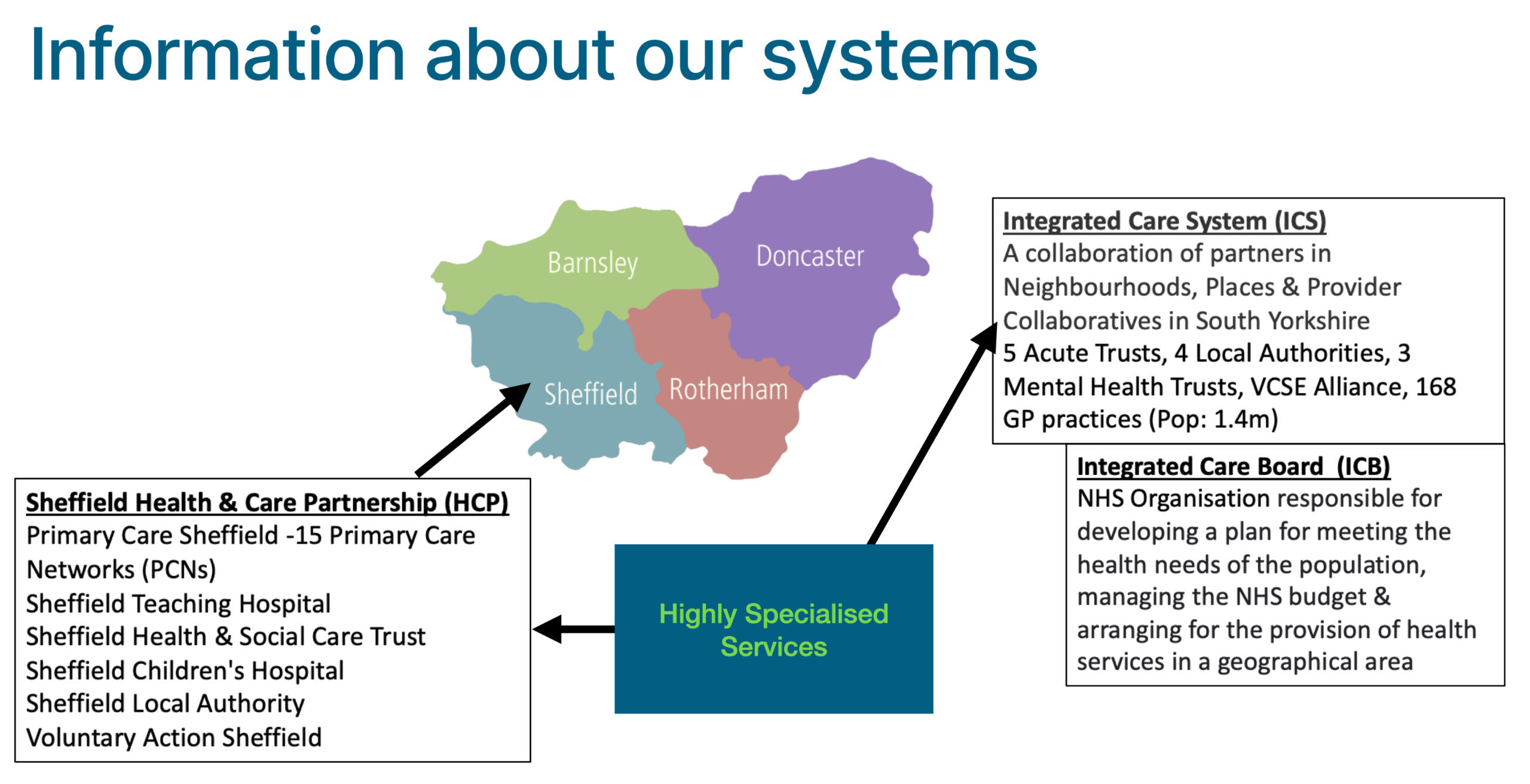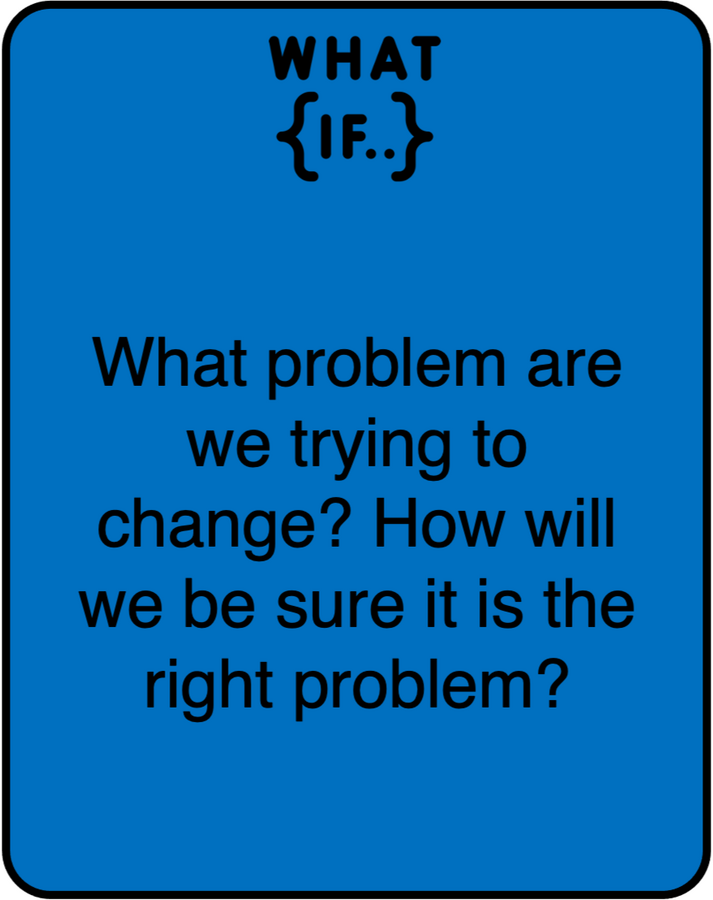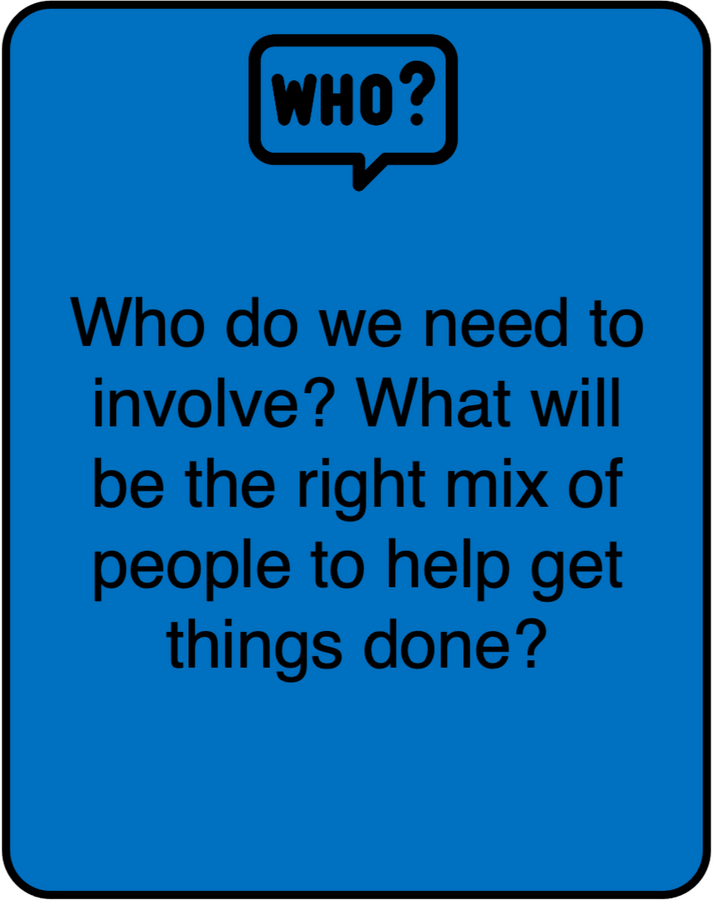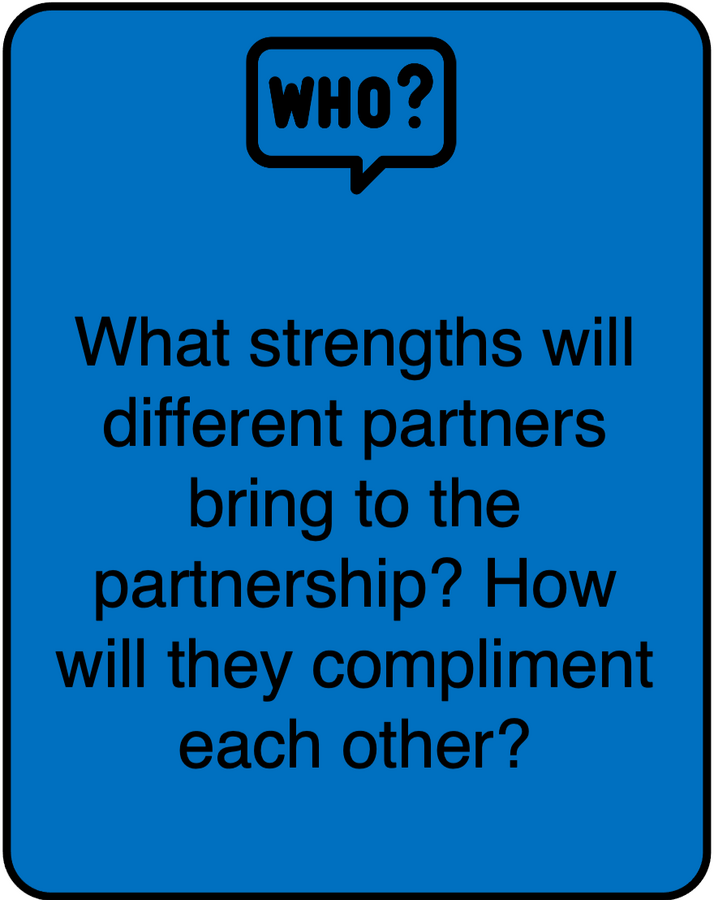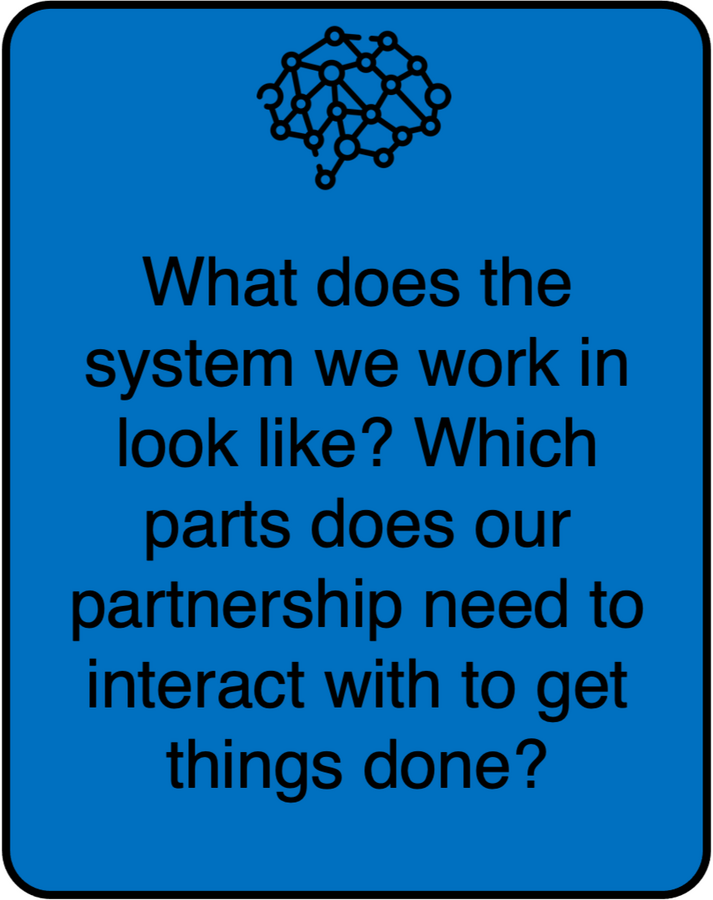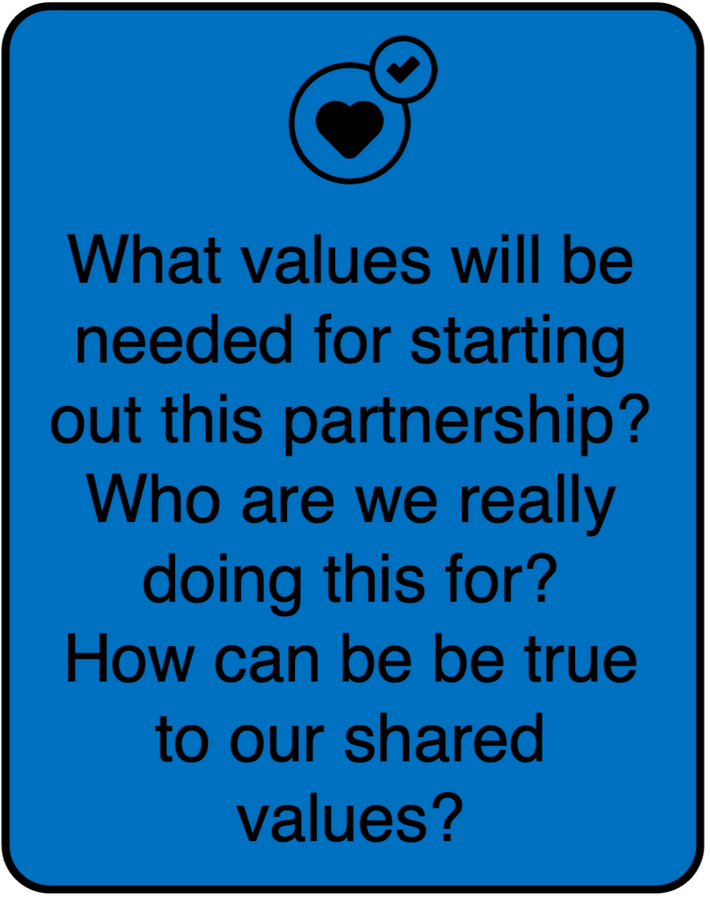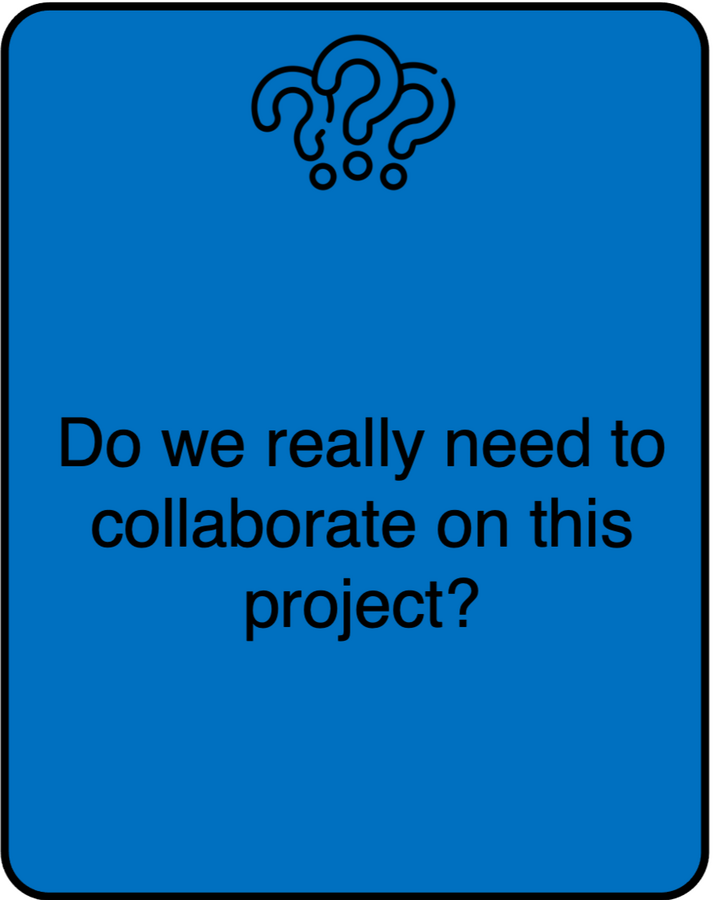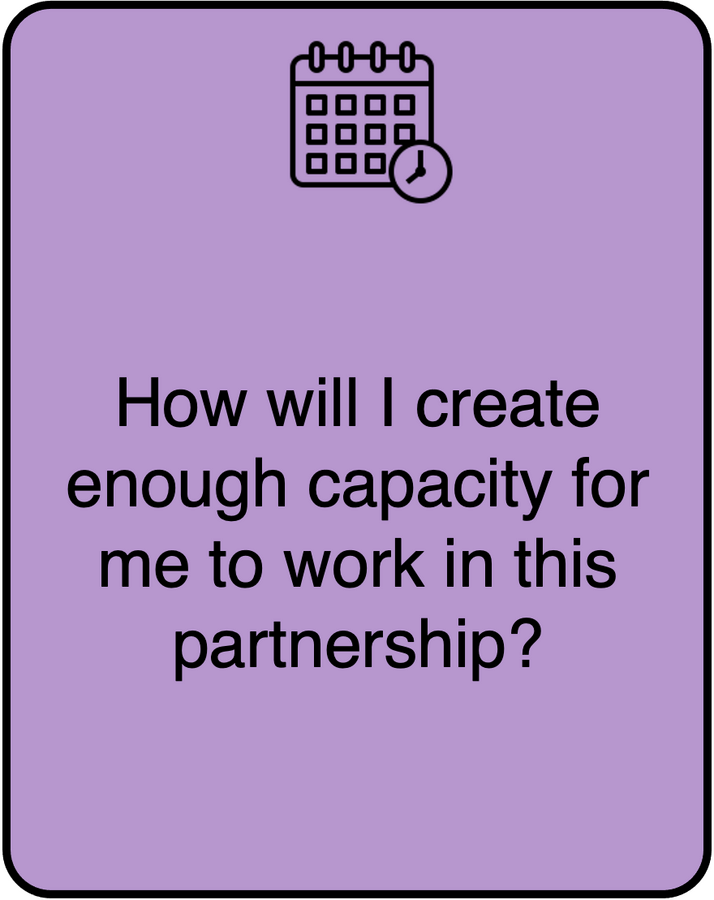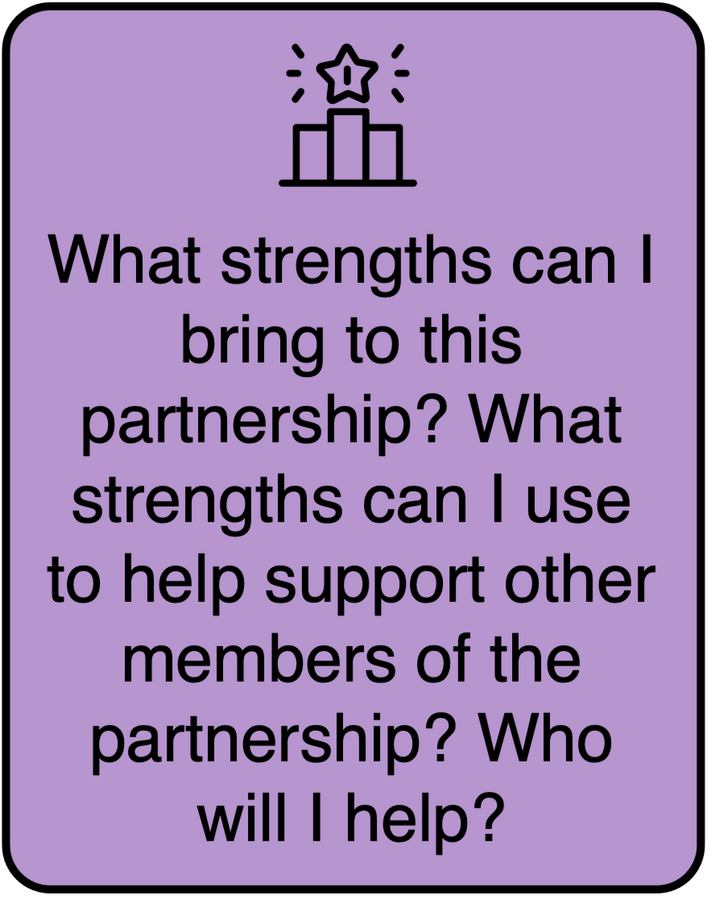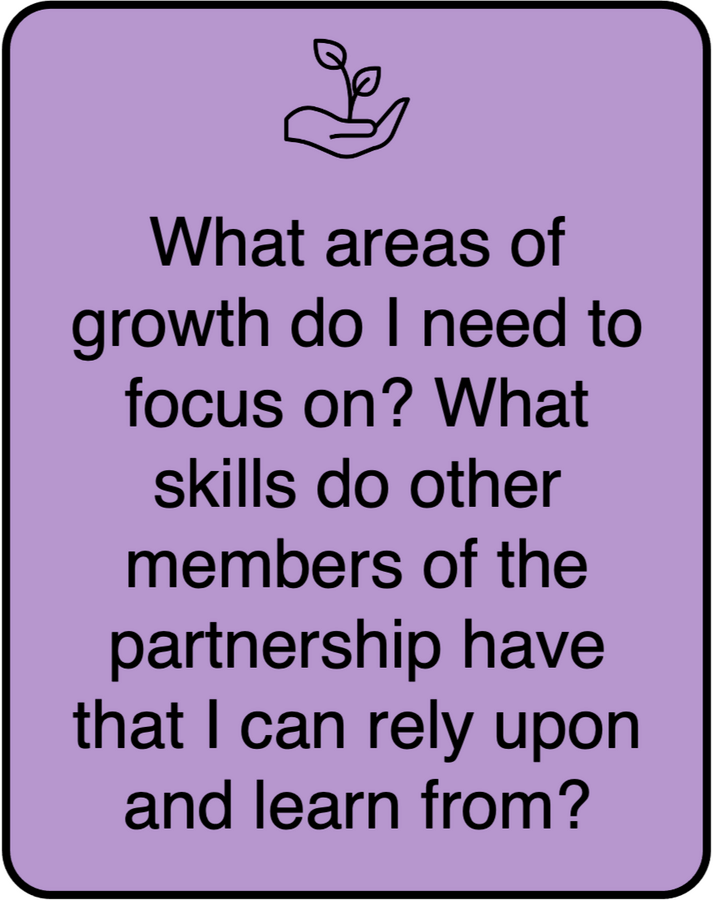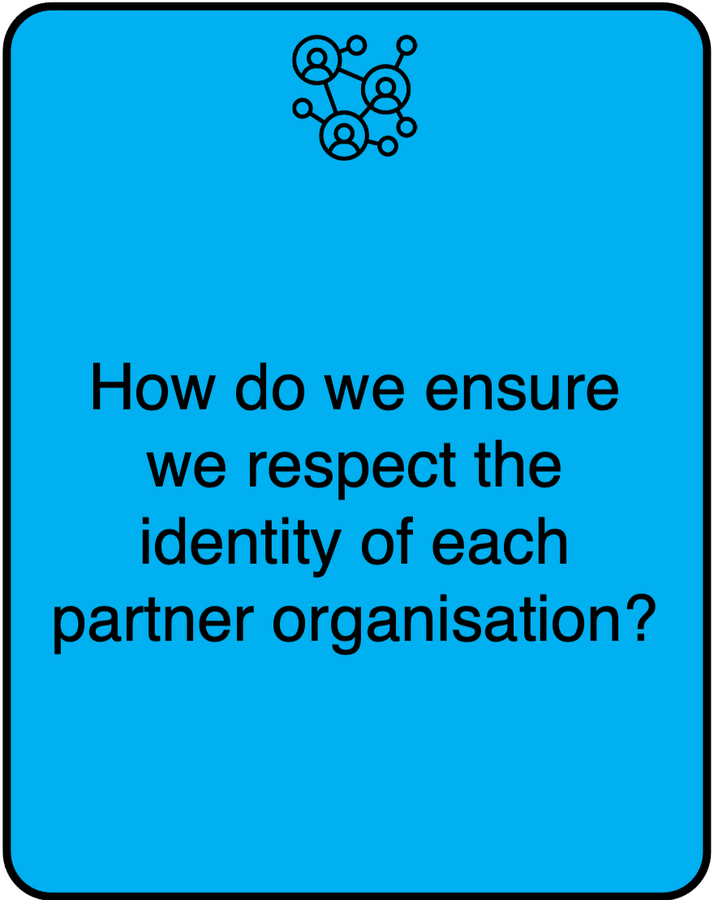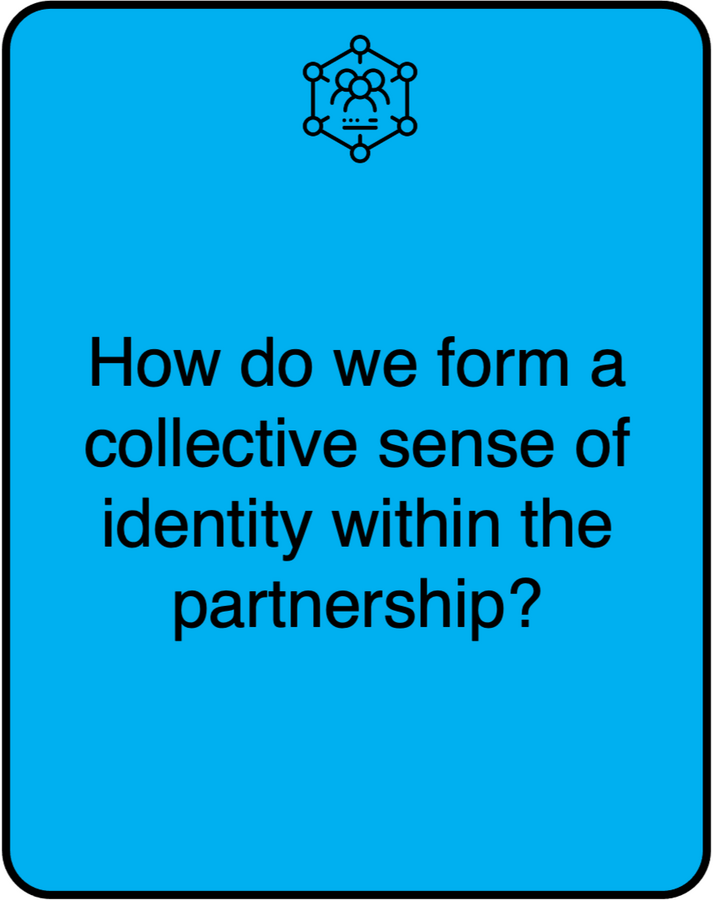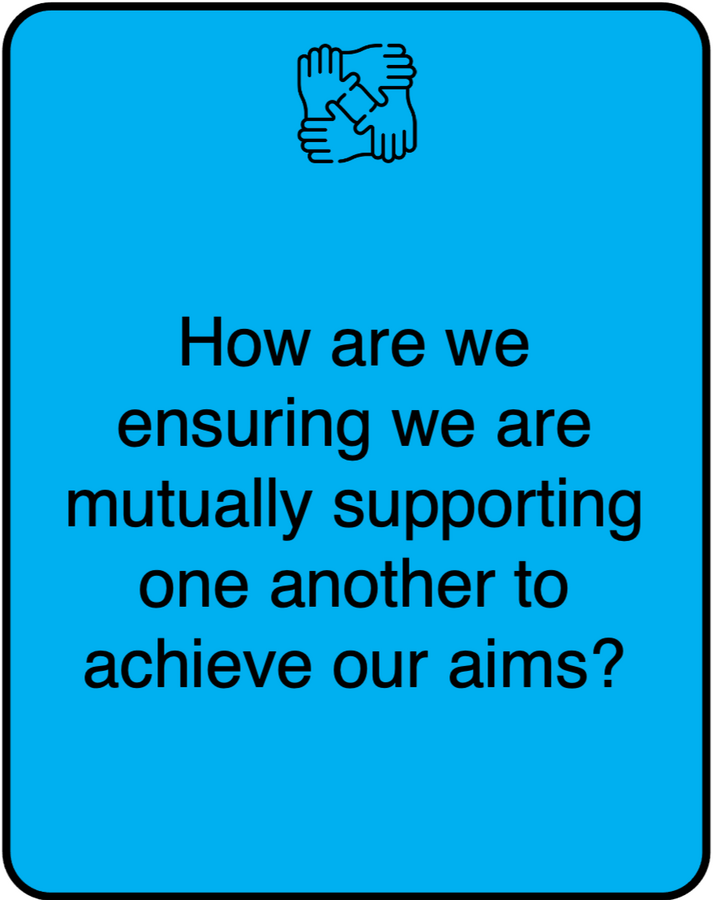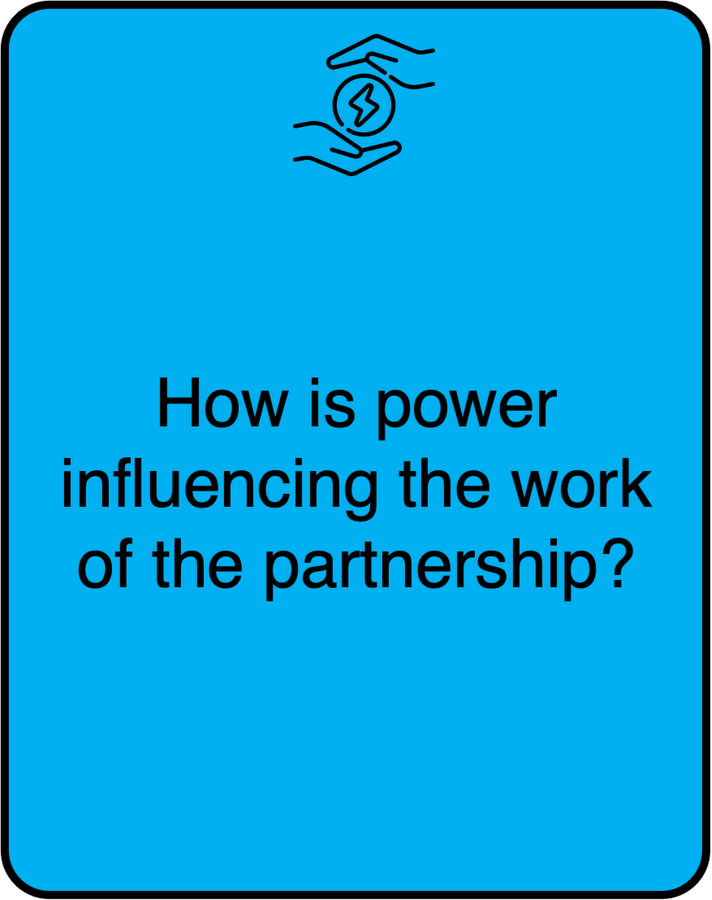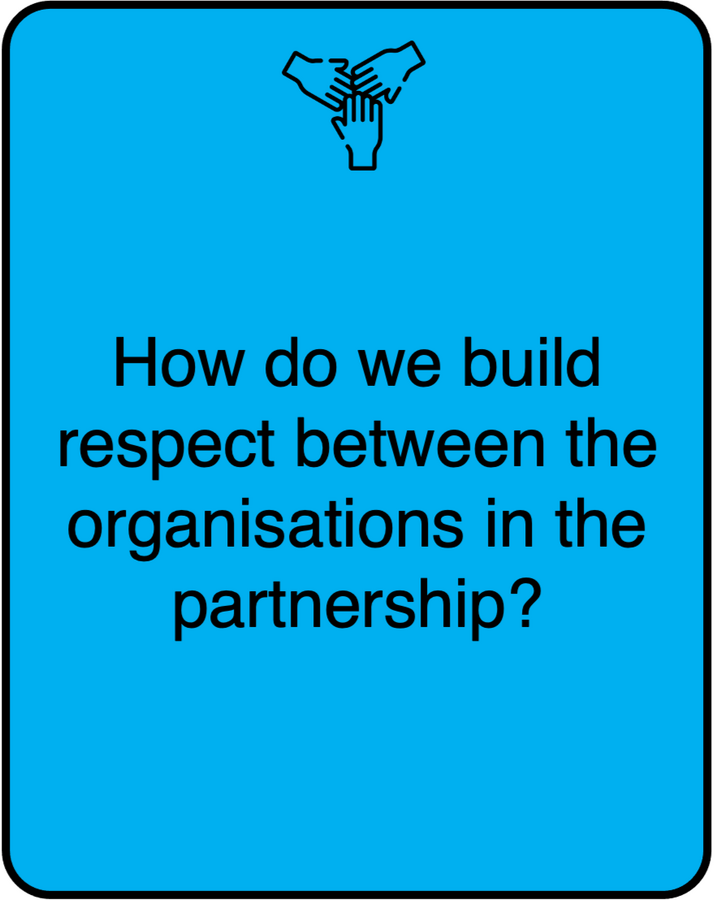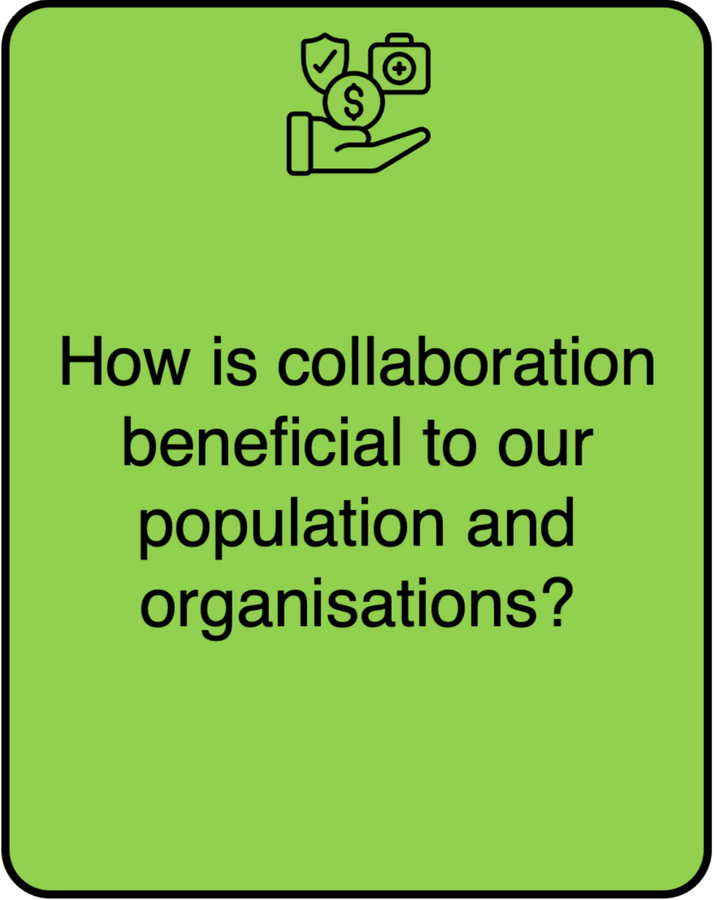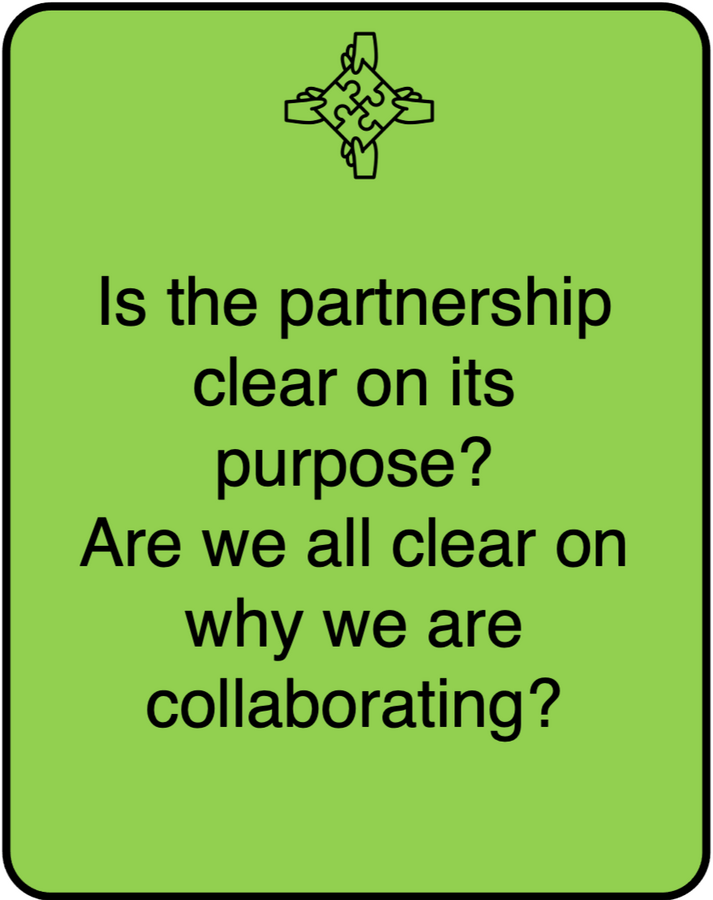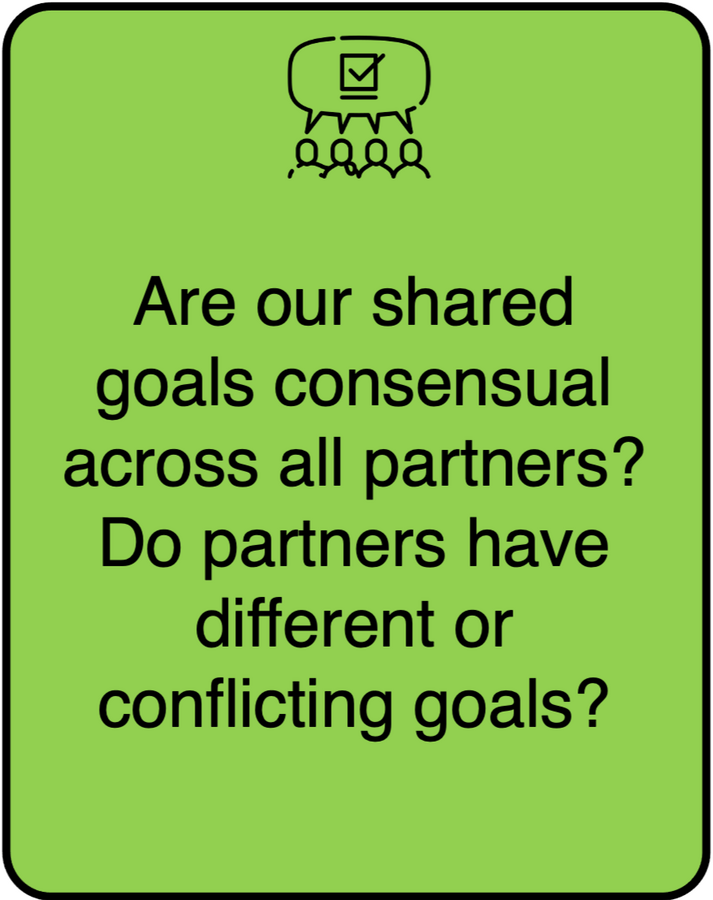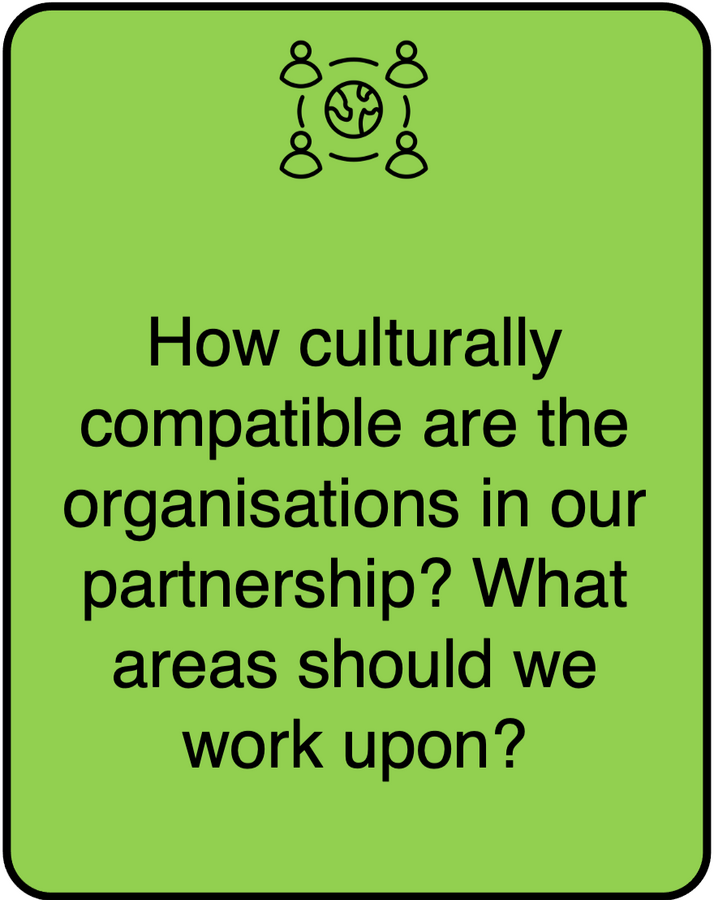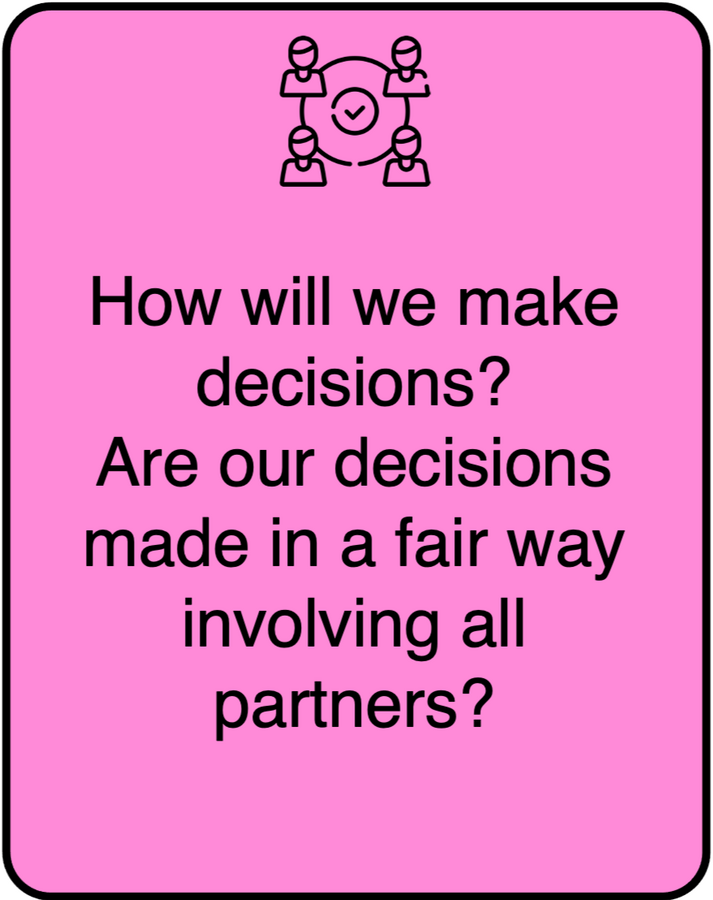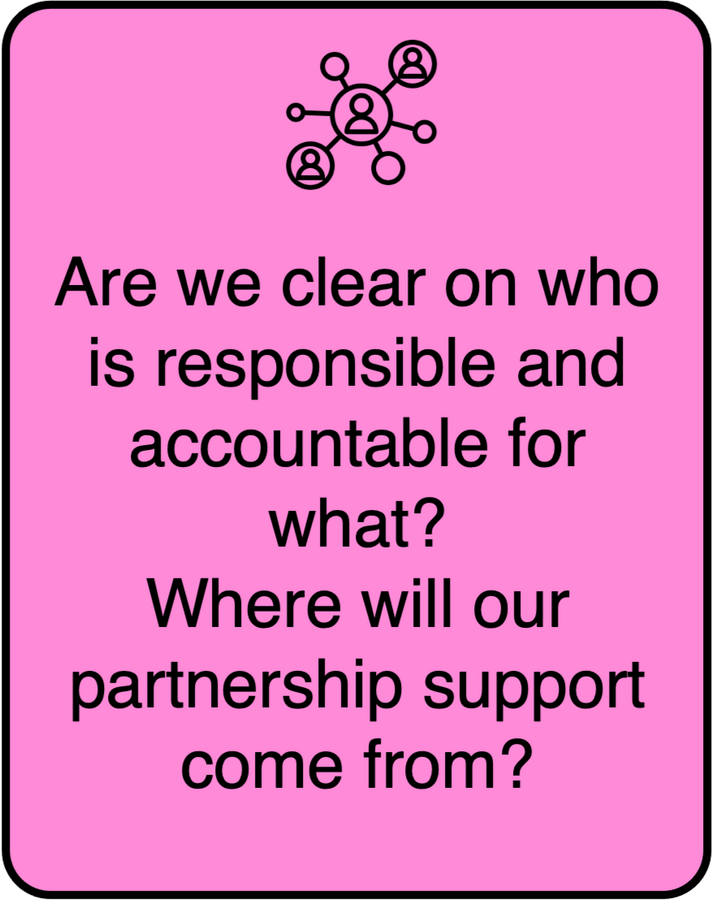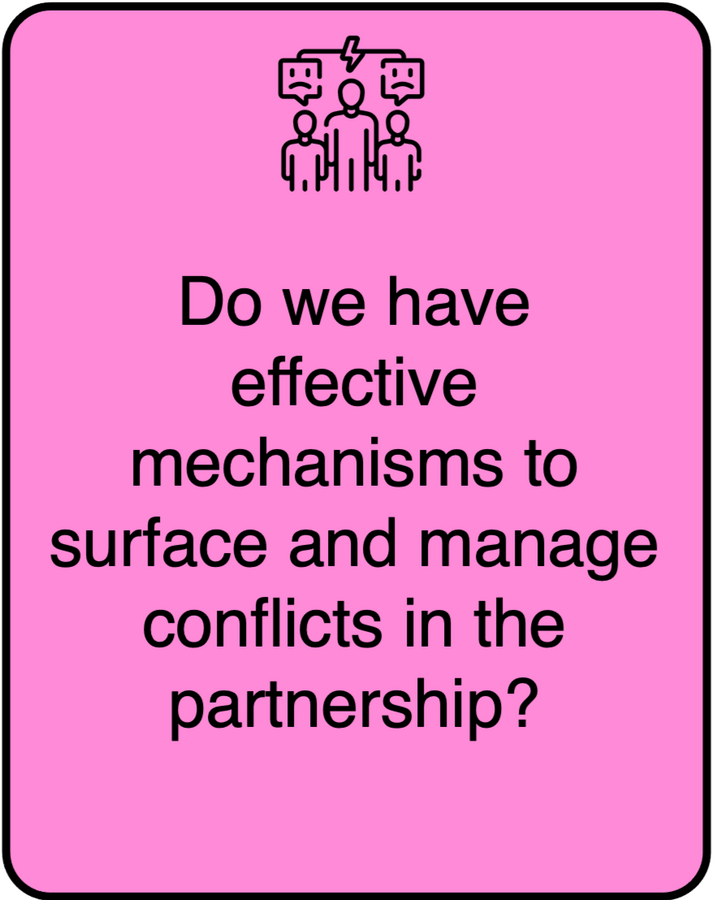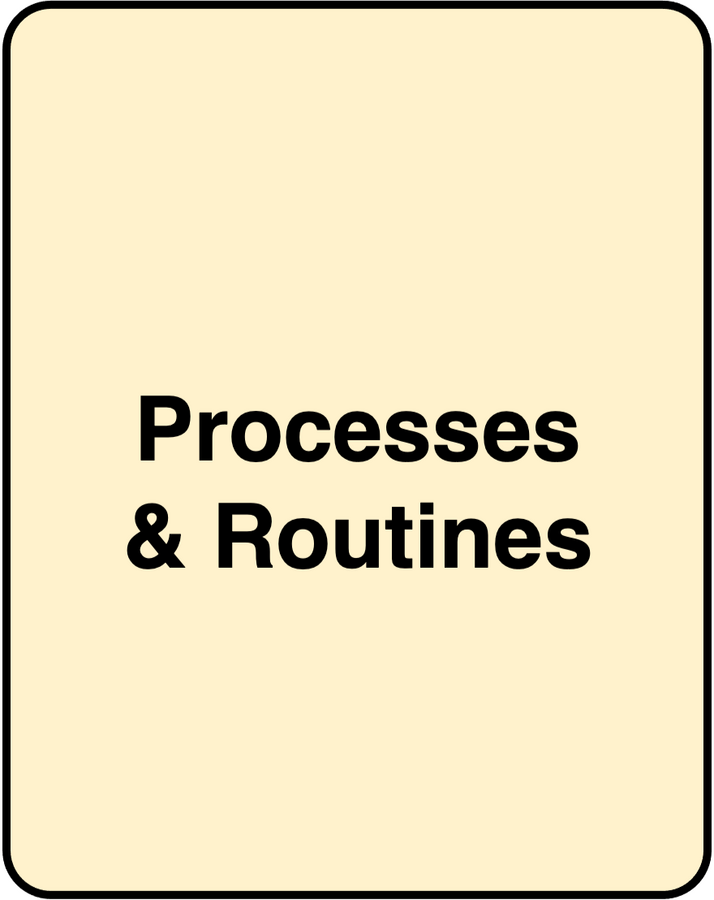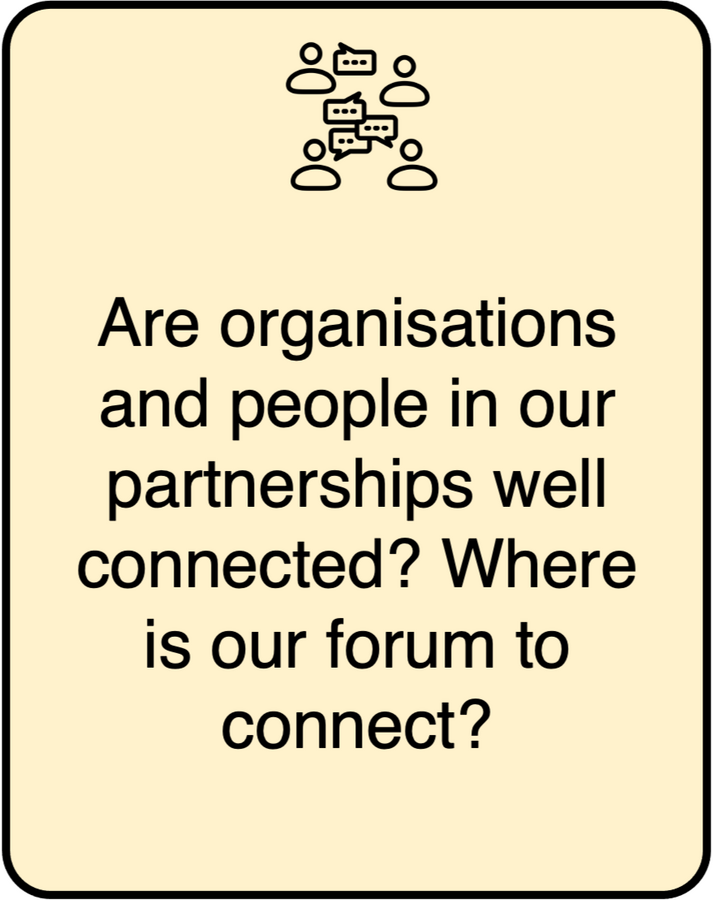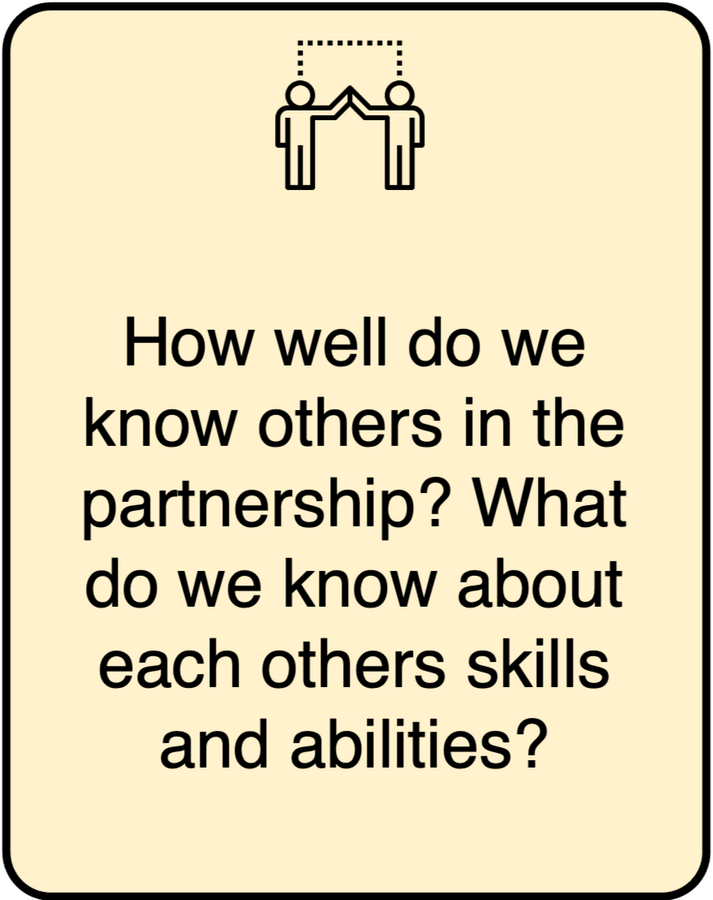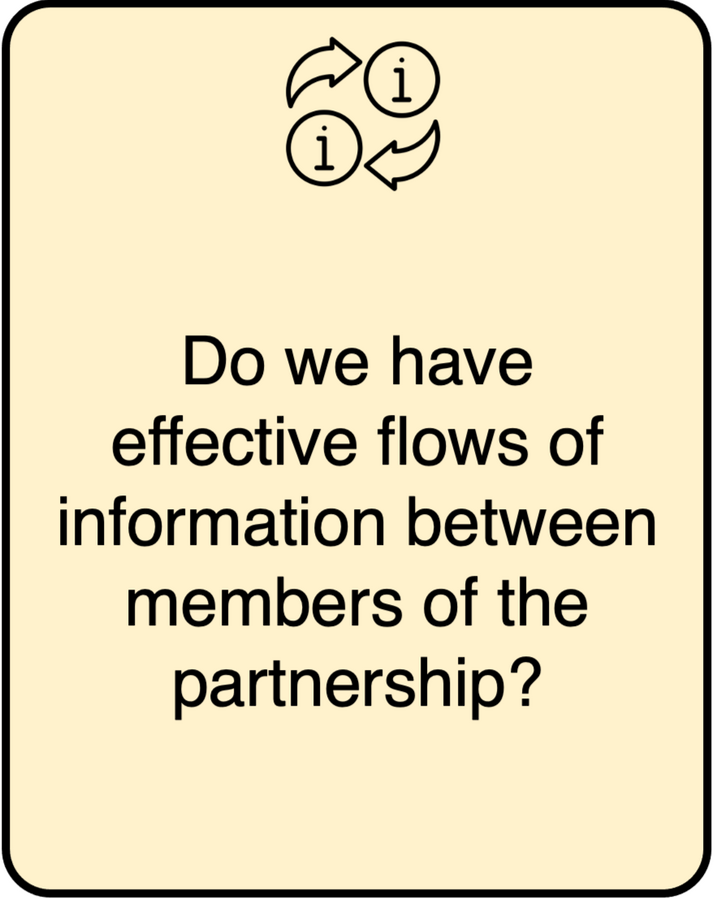
Introduction to collaboration & Systems
Highly Specialised Services
18th April 2023
Today's objectives
Generate awareness of local, regional and national systems
General insight into systems thinking and parts of systems interact
General understanding of collaboration and the practice of collaboration
About your facilitator
Terry Hudsen started his career in healthcare in 1998 as a pharmacy technician whilst studying for his A Levels. He went on to read medicine at the University of Sheffield in 2000. He trained in various specialties for four years before entering speciality training in General Practice.Terry joined the Governing Body of Sheffield Clinical Commissioning Group (CCG) in 2016, taking on lead areas from patient engagement, quality and clinical lead for urgent care transformation. In 2019 Terry became Chairman of Sheffield CCG, leading the organisation through significant culture change and organisational improvement following regulatory action from NHS England. During his time as CCG Chair, he also was Co-chair of the Sheffield Health & Wellbeing Board and Sheffield Joint Commissioning Committee with Sheffield City Council. He was instrumental in driving forward integrated commissioning arrangements in Sheffield, leading to the development of one of England's largest examples of integrated commissioning budgets (£750million) and Sheffield's first single/joint commissioning plan.Terry took the lead role in South Yorkshire & Bassetlaw Integrated Care System (ICS) - leading change and transition process of the four former CCGs to becoming an Integrated Care Board in 2022. He played a major role creating the Population Health function and strategy for the ICS and new ICB. Following the dissolution of CCGs, he continued his role as clinical lead for population health, and took on a role in system wide organisation development - with focus on inter-organisational collaboration.Terry is a dual trained doctor and manager. He holds a Masters of Business Administration (MBA) with distinction in Leadership Practice, and is a Level 7 Senior Leader. He is a Chartered Manager and Fellowof the Chartered Management Institute. Terry is a certified Wicked Problem Solving Practitioner.
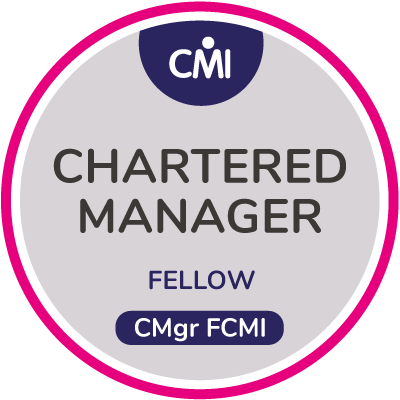

An introduction to...
Systems Thinking
& Wicked Problems

Systems
Systems Thinking
1. Systems thinking encourages us to think of situations as complete/whole entities, involving processes that have inputs/outputs and start/middle/ends.
2. Systems models force us to see the relationships and exchange of influence and information between different elements within the system. These are dynamic and not necessarily fixed.
3. System models compel us to identify the individual components that make up a complex system. These models can reveal multiple contradicting or complementary points of view - all at the same time! It is useful to see these multiple perspectives when tackling complex scenarios.
4. Systems models can help us shift from dealing with 'symptoms' and move to addressing root causes.
5. Systems models can help us anticipate outcomes of decisions and actions.
6. Building systems models can help unearth different perspectives, experiences and biases into a shared representation. This model is richer than the model any person is likely to produce on their own.Understanding systems is a collaborative endeavour. Thinking in systems is particularly helpful in tackling wicked problems
Systems in the New NHS
The Health and Care Act (2022) established Integrated Care Systems (ICSs) across England. The new Act imposes an expectation on commissioners and providers of health and social care services to work collaboratively. The Act sets out 4 key aims for ICSs:
1. Improve outcomes in population health and healthcare
2. Tackle inequalities in outcomes, experience and access
2. Enhance productivity and value for money
4. Help the NHS support broader social and economic development.
The King's Fund - Integrated Care Systems (click image to link to article).
Locally our ICS's comprises of:
- Four place partnerships: Barnsley, Doncaster, Rotherham and Sheffield
- Provider collaboratives/alliances covering primary care, mental health services, children's care, VCSE services, acute care.
- One Integrated Care Board (ICB) responsible for the developing a plan for meeting the population health needs, planning services to meet the needs of the population, and managing the health budgets. These replace the old Clinical Commissioning Groups (CCGs).
Wicked Problems
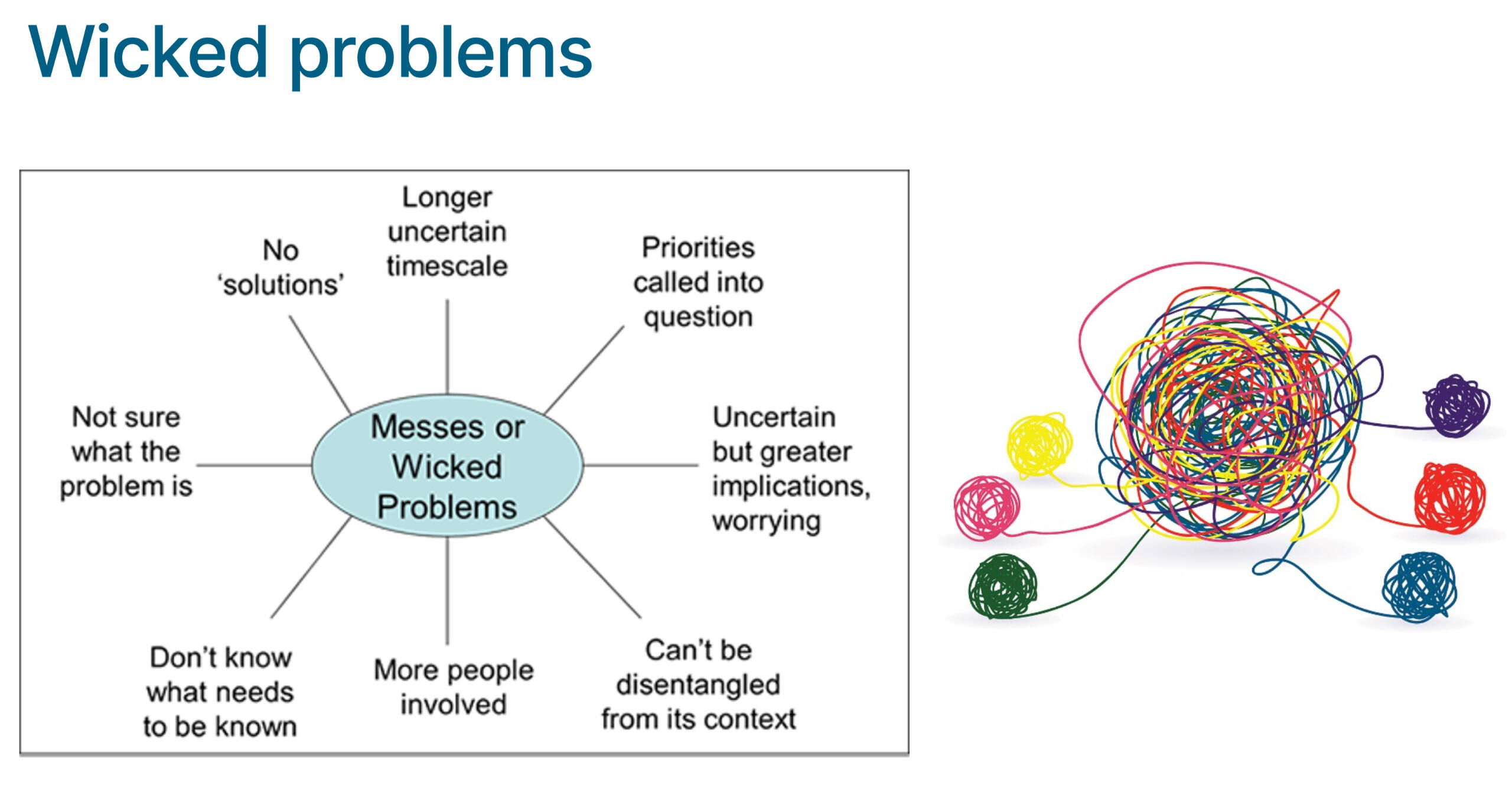
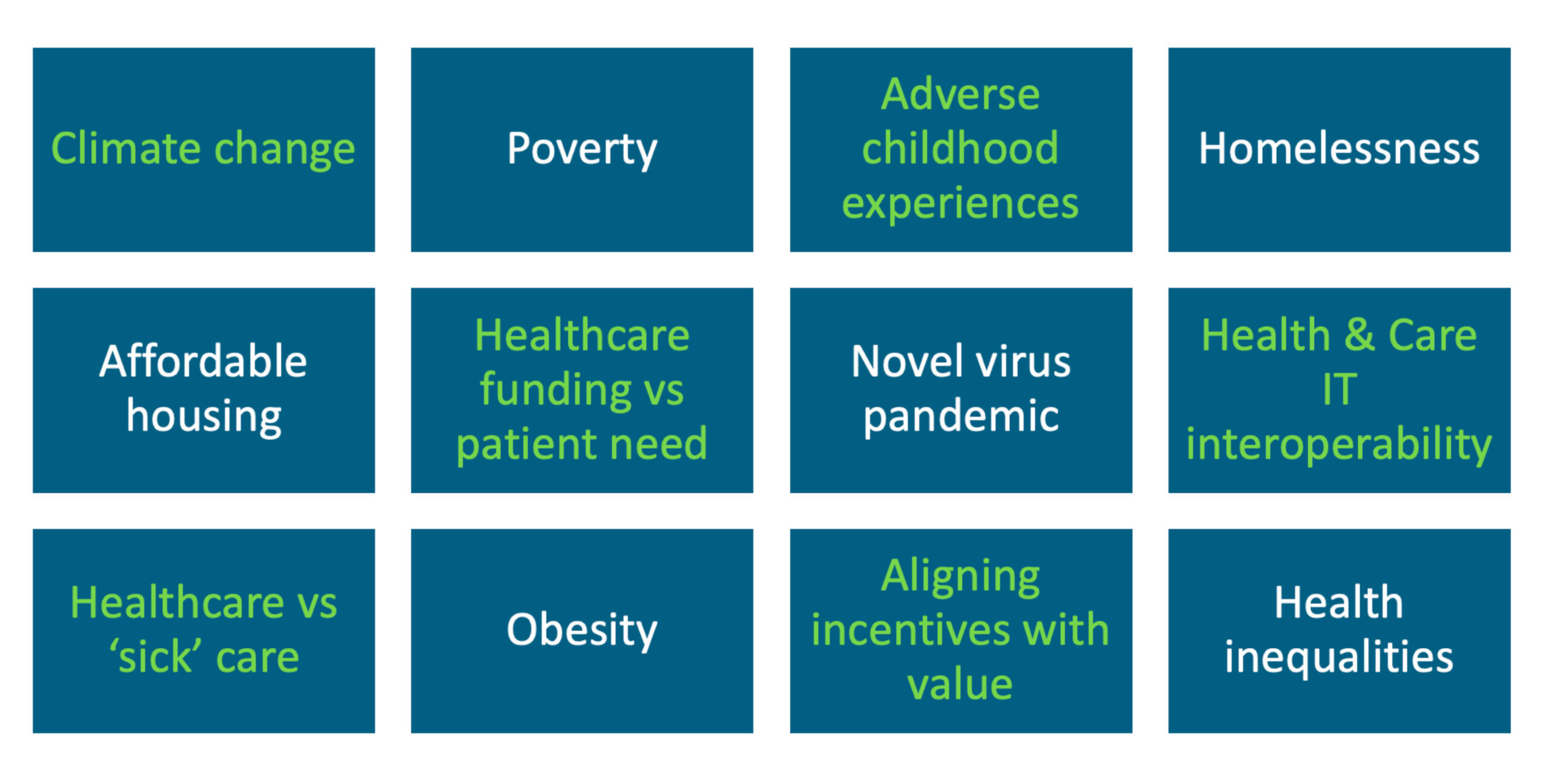
An introduction to...
Collaborative Advantage
& The Practice of Collaboration

Inter-organisational collaboration
Inter-organisational collaboration (working as a system) is...
...any situation where people are working across organisational boundaries towards some positive end.
Collaborative advantage is achieved through collaboration, achieving things than no individual person or organisation within the collaborative group could achieve in isolation.
It moves beyond co-ordinating and co-operating: resources are shared and the capacity of others is improved.
Bases for collaboration
Sharing risk
Accessing new capabilities and resources
Sharing knowledge, information and learning
Co-ordination and efficiency
Moral imperative - no other option
Collaboration Themes
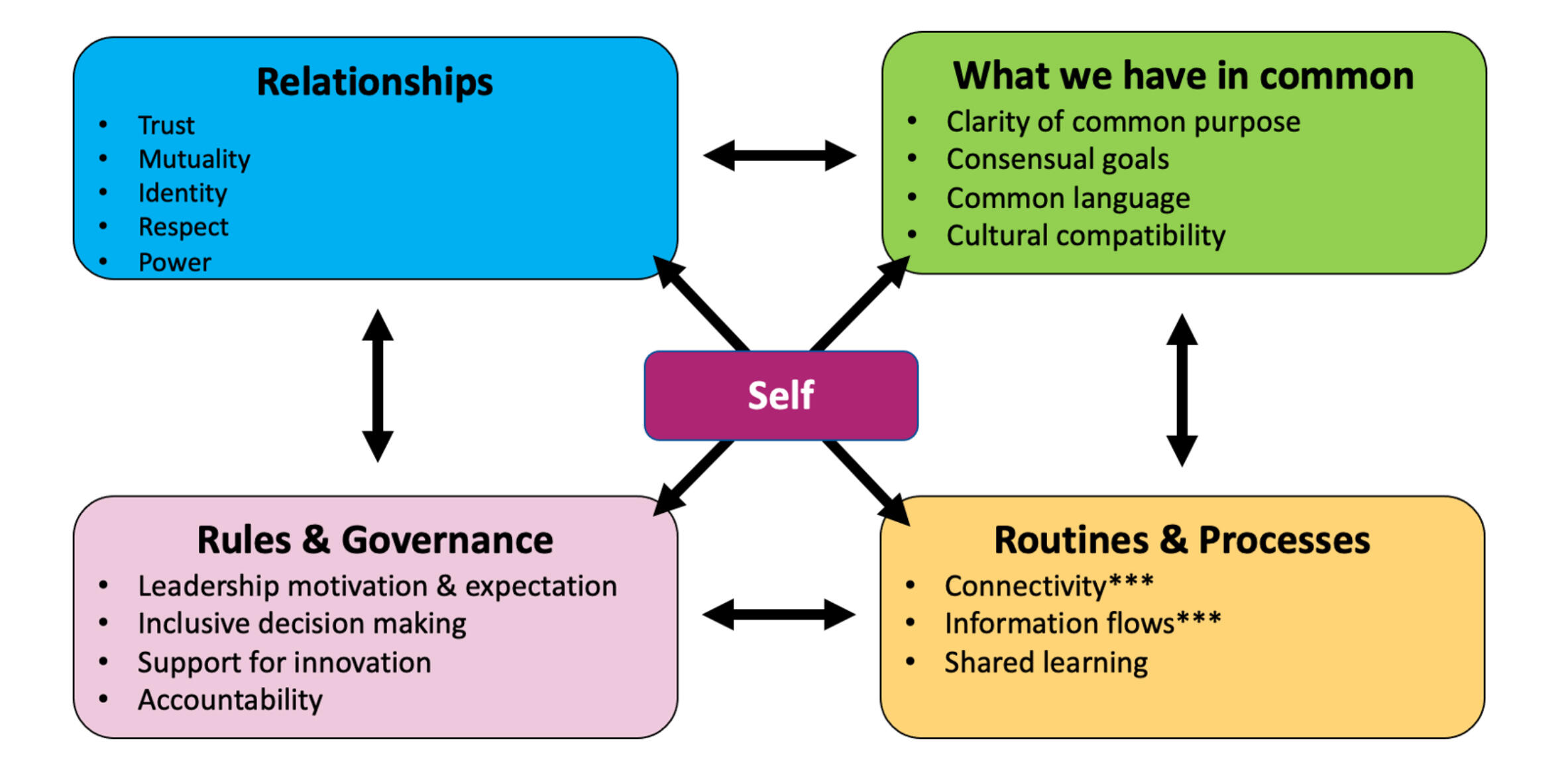
Enacting Collaborative Leadership
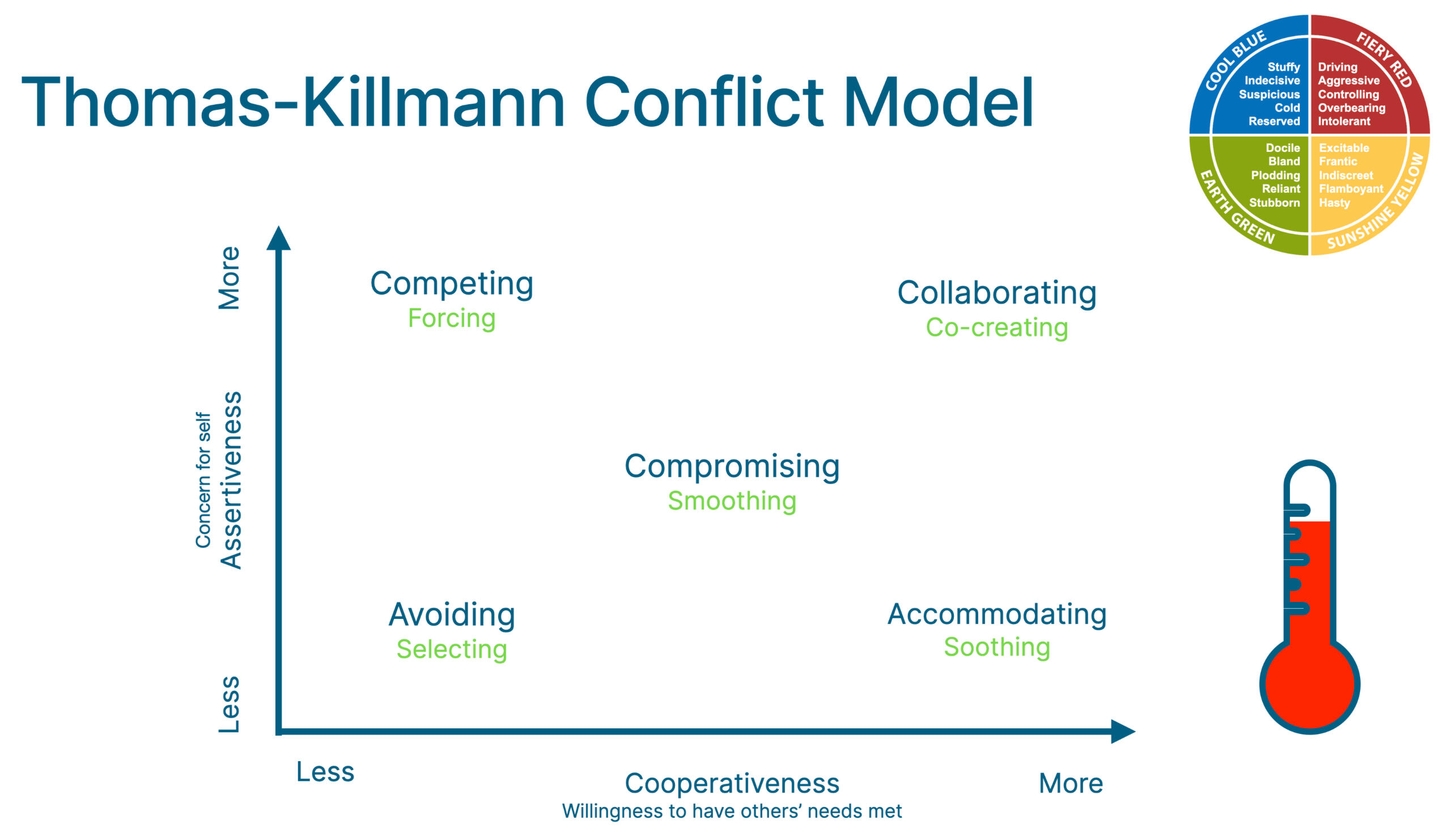

Questions?
We've covered a lot of material in the session. If you have any questions or want to find out more, please contact me using the form below.I'll be in touch soon!

collaboration cards
Click on a card to open larger versions and scroll between them...

